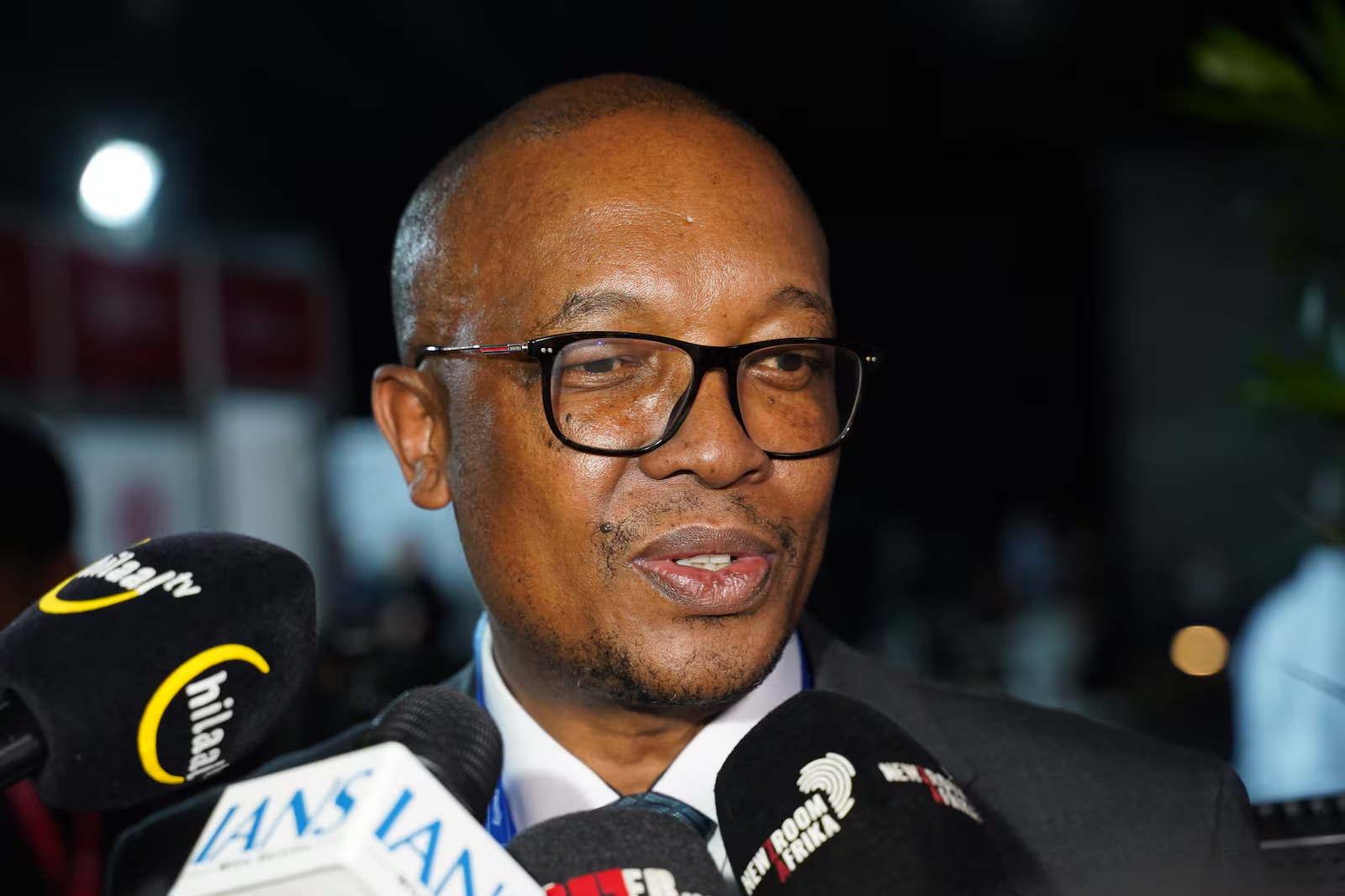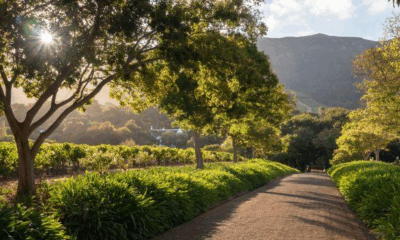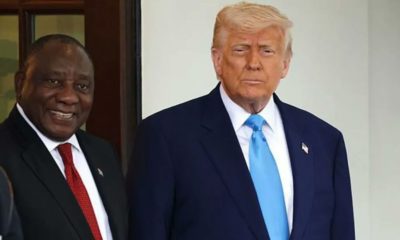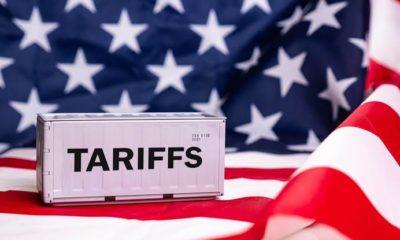News
SA Scrambles to Shield Farmers and Automakers as Trump’s Tariffs Bite
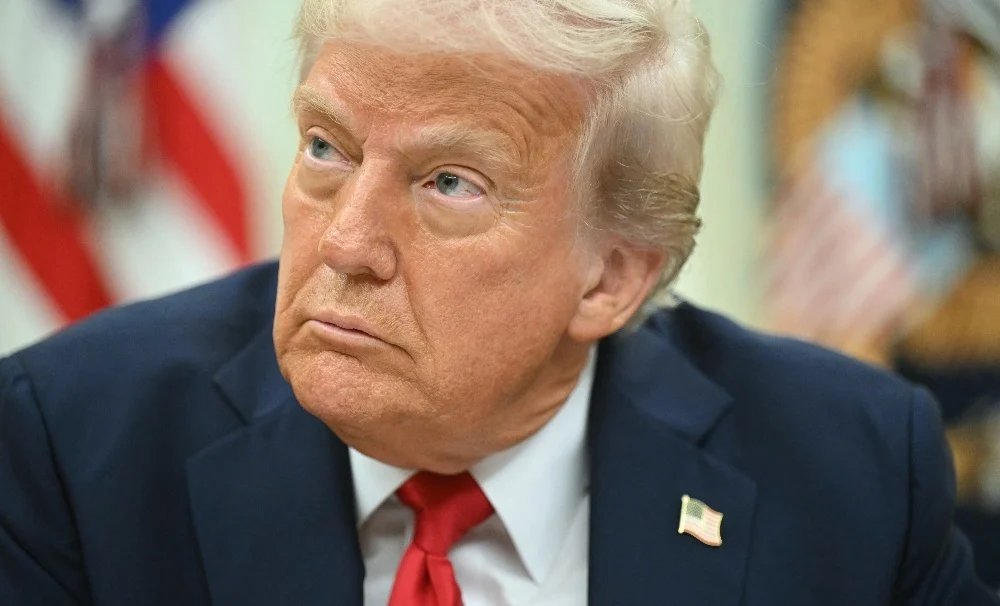
SA Scrambles to Shield Farmers and Automakers as Trump’s Tariffs Bite
New US duties kick in this week, jolting South African exporters and raising fears for jobs and trade relations.
South African exporters are bracing for impact as a fresh wave of US tariffs, imposed by President Donald Trump—officially kicks in this Thursday. The 30% duties, part of Trump’s broader campaign to reduce America’s global trade deficit, are expected to hit key local sectors, with agriculture and the automotive industry squarely in the firing line.
Who’s Spared and Who’s Not
While some South African products, like copper, pharmaceuticals, semiconductors, and critical minerals—have been given a pass, many others haven’t been as lucky. Energy products and stainless steel scrap have also been exempted. But for farmers, fruit exporters, and car manufacturers, the future just got a lot murkier.
The US is South Africa’s second-largest export market outside Africa. Though only around 7.5% of South African goods are sold into the US, the new duties come at a time when global trade remains shaky, and South Africa can ill afford more hits to its economy.
Jobs at Stake in Limpopo to Gqeberha
Fruit growers in Limpopo and the Western Cape, already struggling with climate unpredictability, now face a double blow: having to compete in a higher-cost export market, and uncertainty over whether US buyers will keep placing orders. Similarly, automakers in Gqeberha (Port Elizabeth) and Tshwane fear major disruptions, especially in just-in-time parts supply and finished vehicle exports.
Even more worrying is the ripple effect these duties could have on jobs in already vulnerable communities, where seasonal farm work and manufacturing provide lifelines to thousands of households.
Pretoria’s Quickfire Response
In response, the South African government has set up an urgent support desk for affected exporters. Trade officials say they are working overtime to help businesses navigate red tape and adjust to new costs. The Department of Trade, Industry and Competition also confirmed ongoing diplomatic engagement with Washington, hoping to negotiate a sectoral deal or at least carve out exemptions for more local goods.
But political analysts say Pretoria’s diplomatic capital with the Trump administration is running thin.
Trump vs. Pretoria: The Bigger Story
Since Trump’s return to office earlier this year, relations with South Africa have grown tense. Pretoria’s public stance on neutrality in global conflicts, especially its refusal to align with US foreign policy on Middle East and BRICS matters, has not gone down well in Washington.
These tariffs are being read in some quarters not just as a trade tactic, but as a form of political punishment. That interpretation has gained traction on South African social media, where hashtags like #TradeWarSA and #TrumpTariffs are gaining momentum.
Economists warn that if the situation escalates, South Africa could be shut out of more lucrative US trade programs like AGOA (the African Growth and Opportunity Act), which provides tariff-free access to many African exports. That would be catastrophic for both emerging sectors and established industries.
For now, businesses are left to recalculate costs, re-route exports where possible, and hope for a diplomatic breakthrough.
Trump’s new tariffs are more than just a trade measure, they’re a shot across the bow of Pretoria’s foreign policy. Whether South Africa can protect its jobs, industries, and international partnerships in time is a question that looms large for the rest of 2025.
{Source: eNCA}
Follow Joburg ETC on Facebook, Twitter , TikTok and Instagram
For more News in Johannesburg, visit joburgetc.com



